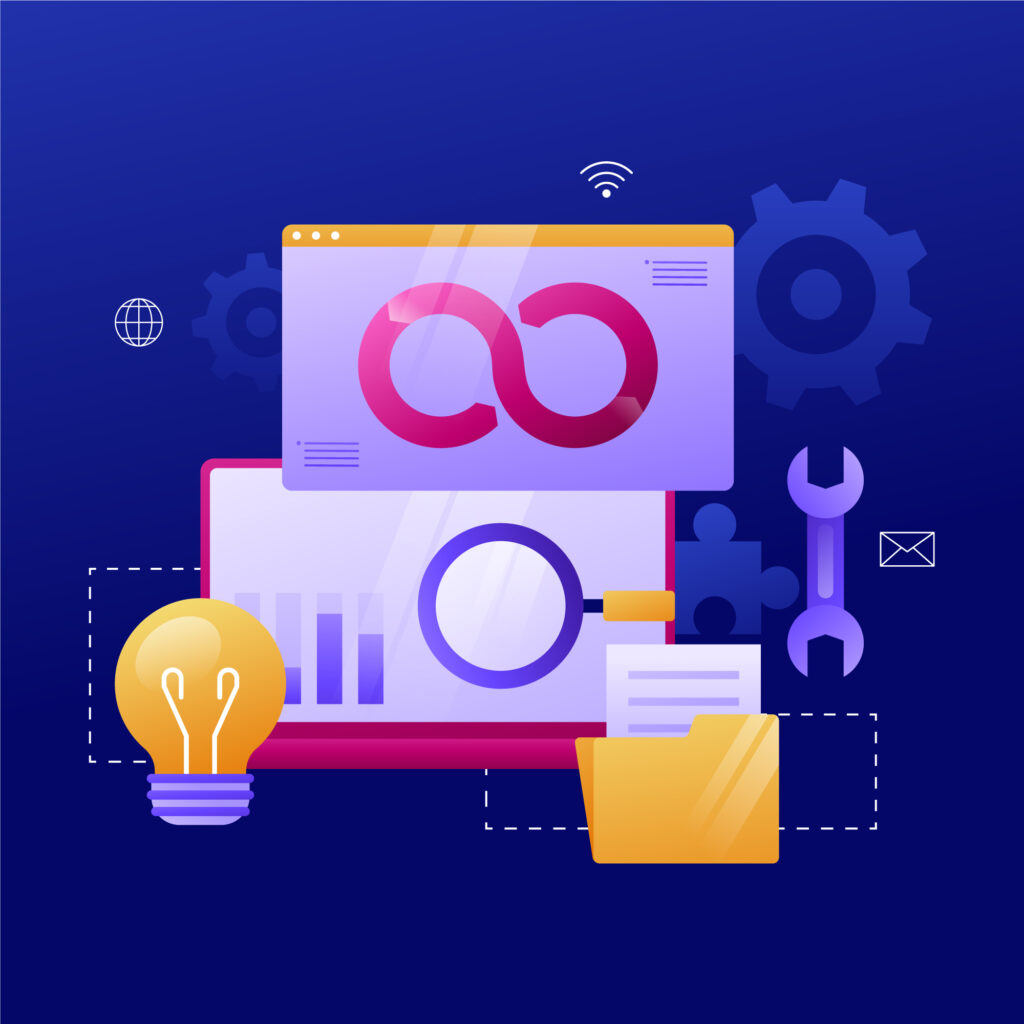Artificial Intelligence (AI) has become a transformative force across various industries, from healthcare to finance and beyond. Open source AI platforms and tools play a pivotal role in democratizing AI, making it accessible to a broader audience. These platforms and tools offer flexibility, customization, and often come with strong community support. In this article, we’ll explore the top 10 open source AI platforms and tools you can start using today to harness the power of AI.

1. TensorFlow
Developed by Google, TensorFlow is one of the most popular open source AI platforms in the world. It’s a machine learning framework that allows developers to build and deploy machine learning models with ease. TensorFlow is known for its versatility and scalability, making it suitable for both research and production purposes. With a vast community, it boasts extensive documentation and tutorials to help users get started.
2. PyTorch
PyTorch, developed by Facebook’s AI Research lab (FAIR), has gained immense popularity due to its dynamic computational graph, which simplifies model building and debugging. Researchers and developers appreciate PyTorch for its flexibility, and it is often chosen for research projects and academic work. Its intuitive interface is a plus for newcomers in the AI field.
3. Scikit-Learn
Scikit-Learn is a robust and user-friendly machine learning library built on top of Python. It offers a wide range of simple and efficient tools for data analysis and modeling. Scikit-Learn’s easy-to-use API makes it ideal for beginners in the field, and it can be integrated into more complex workflows.
4. Keras
Keras is a high-level neural networks API, also built on top of TensorFlow. It provides an intuitive and user-friendly interface for creating neural networks, making it an excellent choice for rapid prototyping. Keras is particularly suitable for those who are new to deep learning and want to create powerful models with minimal coding effort.
5. Apache OpenNLP
Natural Language Processing (NLP) is a crucial component of AI, and Apache OpenNLP is a leading open source tool in this field. It provides robust support for text analysis, including tokenization, part-of-speech tagging, named entity recognition, and more. Whether you are working on sentiment analysis or information retrieval, Apache OpenNLP can be a valuable addition to your toolkit.
6. Pandas
Data preparation is a critical step in any AI project, and Pandas is the go-to library for data manipulation in Python. It offers data structures and functions for data cleaning, transformation, and analysis. With Pandas, you can easily load, clean, and process your data before feeding it into your AI models.
7. Apache MXNet
Apache MXNet is an open source deep learning framework that provides both flexibility and speed. It is known for its portability and support for various programming languages, including Python, Scala, and Julia. With Apache MXNet, you can build, train, and deploy deep learning models on various platforms and devices.
8. Theano
Theano is a popular Python library for deep learning and numerical computation. It is known for its efficient optimization of mathematical expressions, making it a valuable tool for training deep neural networks. While it’s no longer under active development, Theano remains a relevant choice for certain AI applications.
9. Caffe
Caffe is a deep learning framework developed by the Berkeley Vision and Learning Center (BVLC). It is well-suited for image classification, convolutional neural networks (CNNs), and computer vision tasks. Caffe’s popularity in the research community stems from its speed and flexibility, making it a powerful tool for a wide range of AI projects.
10. H2O.ai
H2O.ai is an open source platform for machine learning and deep learning. It provides a user-friendly interface that supports various machine learning algorithms, automatic feature engineering, and model tuning. H2O.ai is particularly popular in industries like finance, healthcare, and marketing, where machine learning plays a significant role.
These open source AI platforms and tools offer a wealth of options for those interested in AI development and research. Each tool has its own unique strengths and use cases, so choosing the right one depends on your specific needs and expertise. Whether you are a seasoned AI professional or a beginner, there is a tool on this list that can help you get started or take your projects to the next level.
Conclusion
The field of AI is rapidly evolving, and open source AI platforms and tools are at the forefront of this revolution. They provide the tools and resources necessary for developers and researchers to build cutting-edge AI models and applications. The 10 platforms and tools mentioned in this article are just the tip of the iceberg, as the open source AI ecosystem continues to expand and diversify.
As you embark on your AI journey, consider the specific requirements of your project and your level of expertise. Experiment with different platforms and tools to find the ones that best suit your needs. With the vast community support and resources available, you can leverage these open source AI platforms and tools to create innovative solutions, conduct groundbreaking research, and contribute to the ever-growing field of artificial intelligence. Embrace the power of open source AI and start building the future today.
Related Articles:
1. Open Source AI Projects and Tools to Try in 2023
2. 10 best AI platforms and tools you should try in 2023
3. Top 12 Artificial Intelligence Tools & Frameworks



